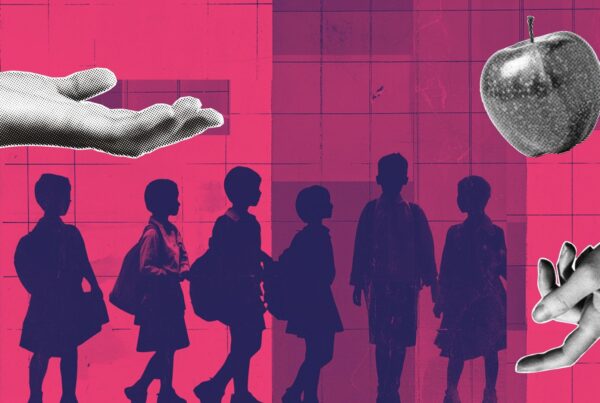The Arkansas Department of Education is implementing a new law that requires public schools to teach one hour of adoption education to kids as young as twelve. Per to Act 637 of 2023, public schools must provide one hour of adoption awareness instruction to students in 6-12 grade.
While adoption is a good option for some, education on the issue offers no guidance for teens and pre-teens on how a person becomes pregnant in the first place. Adoption education should not be a placeholder for comprehensive sex education, which Arkansas does not require for public schools to teach.
It’s crucial to understand why comprehensive sex education (CSE) is essential, especially for reducing unplanned pregnancies among teenagers, so let’s dive into why this approach is effective and how it contrasts with other programs that focus solely on abstinence or adoption.
What is Comprehensive Sex Education?
Comprehensive sex education provides students with detailed information about human development, relationships, decision-making strategies, abstinence, contraception, and disease prevention. It covers a wide range of topics to prepare young people to make informed and responsible decisions about their sexual health.
Why is Comprehensive Sex Education Important?
- Reduces Unplanned Pregnancies:
- Informed Choices: CSE equips teens with knowledge about contraception and safe sex practices, enabling them to make informed choices.
- Delaying Sexual Activity: Studies show that teens who receive CSE are more likely to delay sexual activity and use protection when they do become sexually active, reducing the risk of unplanned pregnancies.
- Promotes Healthy Relationships:
- Communication Skills: CSE teaches teens how to communicate effectively in relationships, helping them set boundaries and understand consent.
- Respect and Equality: CSE promotes respect and equality; in turn, this promotes healthy relationships and reduces instances of sexual coercion and violence.
- Improves Sexual Health:
- Prevention of STIs: With proper education, teens are better equipped to prevent sexually transmitted infections (STIs), which leads to improved sexual health overall.
- Access to Resources: CSE often includes information on where to access sexual health services, ensuring teens know where to go for help and advice.
The Limitations of Abstinence-Only Programs
Abstinence-only programs teach teens to abstain from sexual activity until marriage and often do not provide information on contraception or safe sex practices. Here’s why these programs fall short:
- Lack of Information:
- Insufficient Knowledge: Teens in abstinence-only programs may not receive critical information about contraception and STI prevention, leaving them ill-prepared for safe sexual activity.
- Myths and Misconceptions: Without comprehensive education, myths and misconceptions about sex can persist, leading to riskier behaviors and uninformed decision-making.
- Ineffectiveness:
- Higher Pregnancy Rates: Research indicates that abstinence-only programs are not effective in delaying sexual activity and often result in higher rates of unplanned pregnancies and STIs compared to CSE.
- Negative mental health outcomes: Studies also show that abstinence-only programs have detrimental effects on teens’ mental health outcomes, leading to depression and feelings of shame.
Adoption as an Option
While promoting adoption as an option for unplanned pregnancies is important, it should not be the sole focus of sex education. Here’s why:
- Incomplete Solution:
- Not Preventative: Emphasizing adoption does not prevent unplanned pregnancies; it addresses the outcome rather than the cause.
- Emotional and Physical Impact: Pregnancy and adoption can have significant emotional and physical impacts on teens, making prevention through education a better strategy.
- Comprehensive Approach Needed:
- Holistic Education: Adoption can be part of the conversation, but a holistic approach that includes information on contraception, healthy relationships, and decision-making is crucial for preventing unplanned pregnancies in the first place.
Comprehensive sex education is critical for reducing unplanned pregnancies among teens. It empowers them with the knowledge and skills to make informed decisions, promotes healthy relationships, and improves overall sexual health. In contrast, abstinence-only programs and a focus on adoption without prevention are insufficient and nearly always ineffective. By implementing CSE in Arkansas’s public schools, we can ensure that teens are better equipped to navigate their sexual health responsibly and safely.





